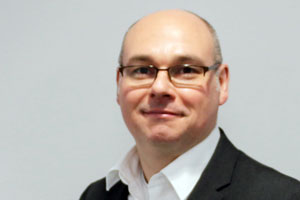British American Tobacco and the board of Kind Consumer Ltd have devised a new way to commercialize their Voke nicotine inhaler, according to a note posted on BAT’s website.
In 2014, BAT received a medicinal license for Voke from the UK’s Medicines and Healthcare Products Regulatory Agency and the plan was to launch it in the UK by the end of 2015.
Voke was billed as a safer alternative to cigarettes – in line with nicotine gum or patches – and one that could be prescribed by doctors.
In its recent note, BAT said the two companies had reached a mutually satisfactory agreement on the financial aspects of the new way of commercializing the product.
‘BAT’s manufacturing, intellectual property and know-how assets will be assigned to Kind in return for deferred, contingent payments,’ the note said.
‘Accordingly, Kind will take back ownership for the commercialization of Voke, allowing Kind to embrace the full economics of the opportunity.’
Kingsley Wheaton, MD next generation products at BAT, was quoted as saying: “We will be prioritizing and focusing on the vapor and tobacco heating consumer segments within our next generation product portfolio with our Vype and Glo brands. We do recognize the focus and single-mindedness Kind can bring will be an asset to the speedy commercialization of Voke.”
Meanwhile, Paul Triniman, chief executive of Kind, said that his company would be working hard to ensure that this new medical product got to consumers as fast as possible. “We will be seeking a new global partner, or possibly several regional partners, to accelerate the distribution of the nicotine inhaler during 2017,” he said
“We believe the differentiated technology, effective nicotine delivery and discreteness of Voke offers an important niche in the multi-billion dollar, fast-growing, harm-reduction market. We are excited about bringing this unique product to the market as soon as possible.”










